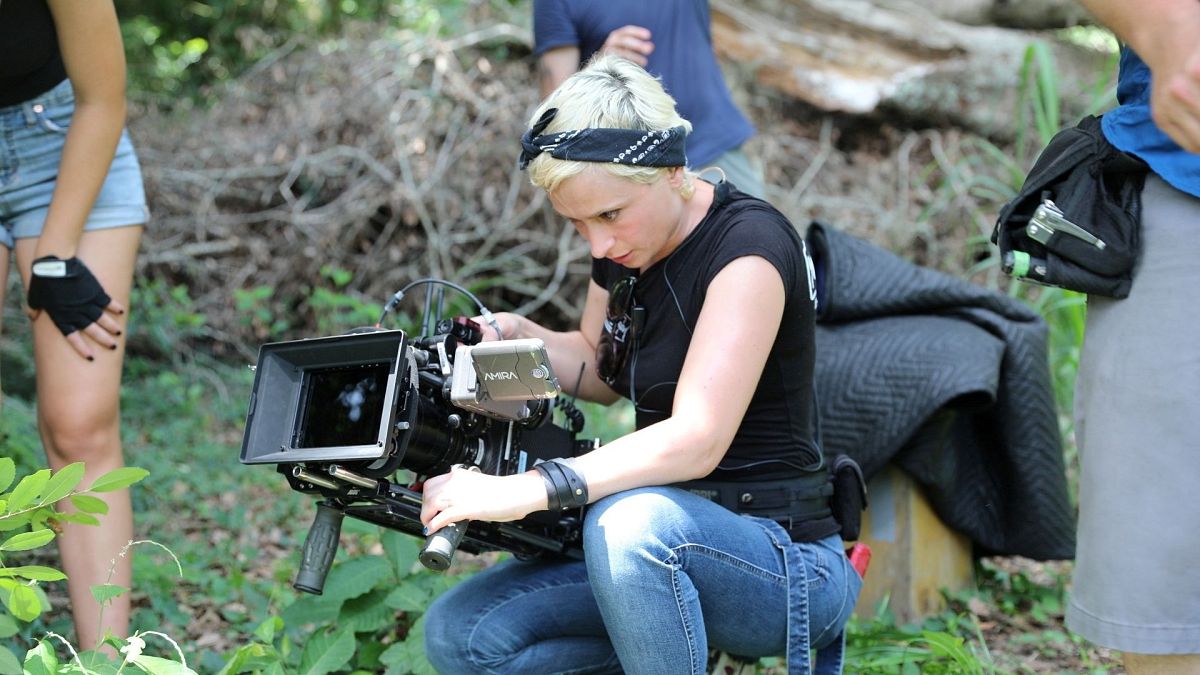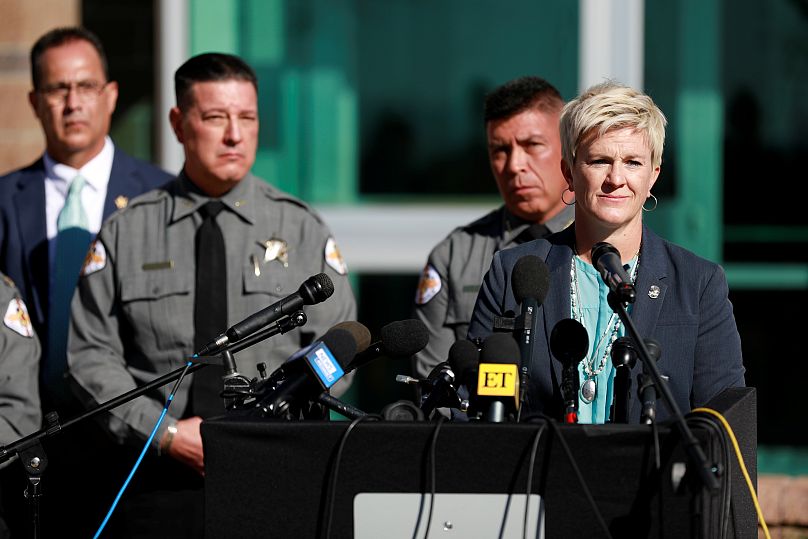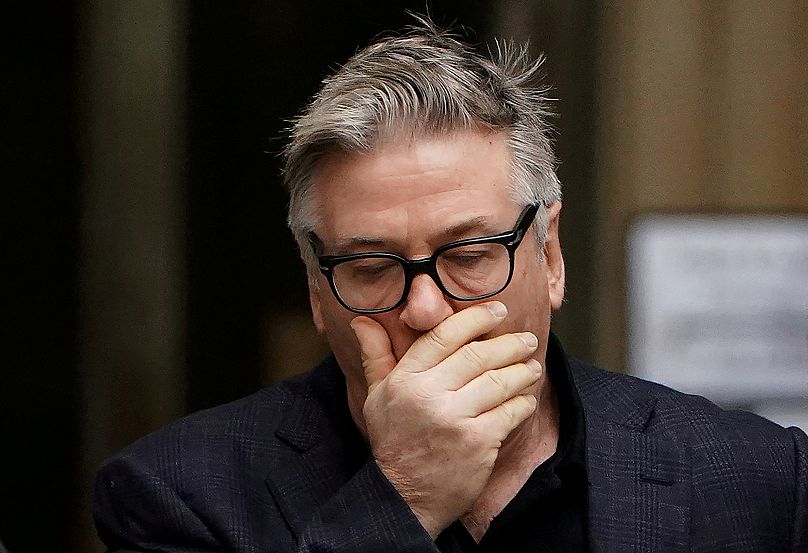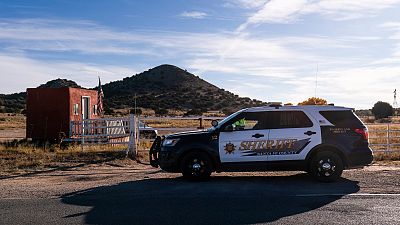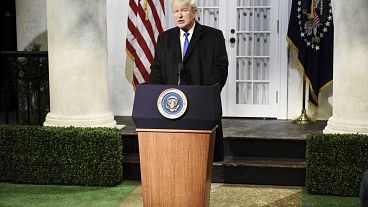Experts discuss who could face repercussions from the harrowing shooting of cinematographer Halyna Hutchins.
Several people involved in the fatal shooting of 'Rust' cinematographer Halyna Hutchins will face legal action, experts say.
Actor Alec Baldwin fired a prop gun he believed to be empty a week ago today on set at a ranch in Santa Fe, New Mexico. The shot killed Hutchins and injured director Joel Souza.
Lawsuits seeking to assign civil liability in the shooting are likely to name the crew member who inspected the gun, the assistant director responsible for handling it, and possibly several others in the production company.
Could there be criminal charges?
New Mexico authorities have not ruled out criminal charges in the case.
Legal experts say criminal charges are possible, though likely not against Baldwin.
"For a criminal case, you're going to need some sort of actual intent, or criminal negligence, gross negligence. That's ... something more than pointing the gun," former Los Angeles federal prosecutor Neama Rahmani explained.
The criminal investigation will likely focus instead on how the gun came to be loaded. "I think having live ballistic rounds on a movie set is inexcusable and rises to the level of gross negligence that you see in a criminal charge," said lawyer Jeff Harris of Harris Lowry Manton.
What could the grounds for lawsuits be?
Hutchins' family and Souza, the injured director, could file civil lawsuits for financial damages.
These lawsuits would most likely argue negligence, legally defined as a failure to exercise a reasonable level of care.
Such claims got a boost from the revelation by Santa Fe County Sheriff Adan Mendoza on Wednesday that the gun handed to Baldwin contained a live round despite having been inspected and declared safe by two people, armorer Hannah Gutierrez and assistant director David Halls, and that other live rounds were found on the set.
"It's pretty obvious; somebody had to be negligent," said University of Southern California law professor Gregory Keating.
Who could be sued?
Harris, who represented the family of a stuntman on AMC's 'The Walking Dead' in a wrongful death case, said both Gutierrez and Halls could be sued. Bryan Sullivan of Early Sullivan, a Los Angeles entertainment attorney, agreed.
Harris said the 'Rust' production company, people in supervisory roles and people involved in hiring decisions could also be targeted.
Allocating liability could take years of litigation. The outcome would determine who might have to pay financial damages and how much.
"It's very common to have multiple defendants whose negligence intermingles with each other," Harris said.
Baldwin probably will not be held civilly liable for firing the gun after being told it was safe. However, he could face liability as one of the film's producers, said Sullivan.
A court "would look at who had ultimate authority to ensure the safety of the set," he said.
What are the obstacles to damage claims?
Defendants in a civil lawsuit would likely argue the shooting was a workplace accident, meaning that the victims could only seek payment through workers' compensation insurance.
However, University of New Mexico School of Law professor Sonia Gipson Rankin said the victims could seek to prove that defendants had ignored safety concerns in the past and were knowingly acting in a dangerous way.
If successful, the victims might be able to seek damages in court, rather than through workers' compensation.
